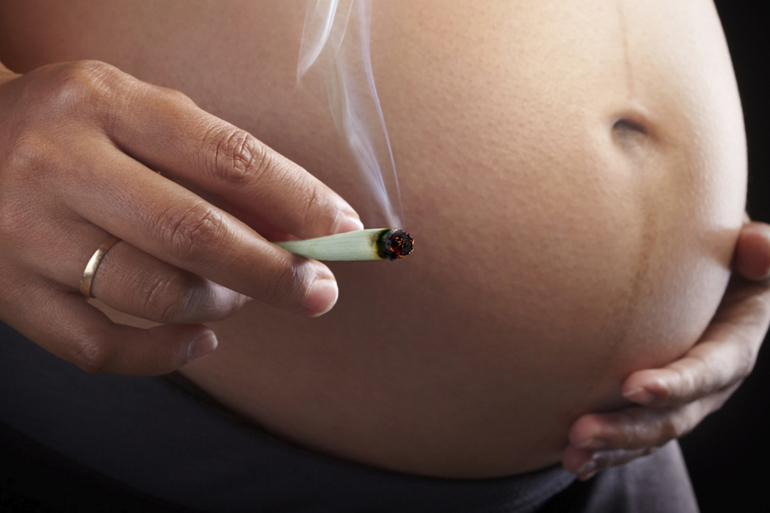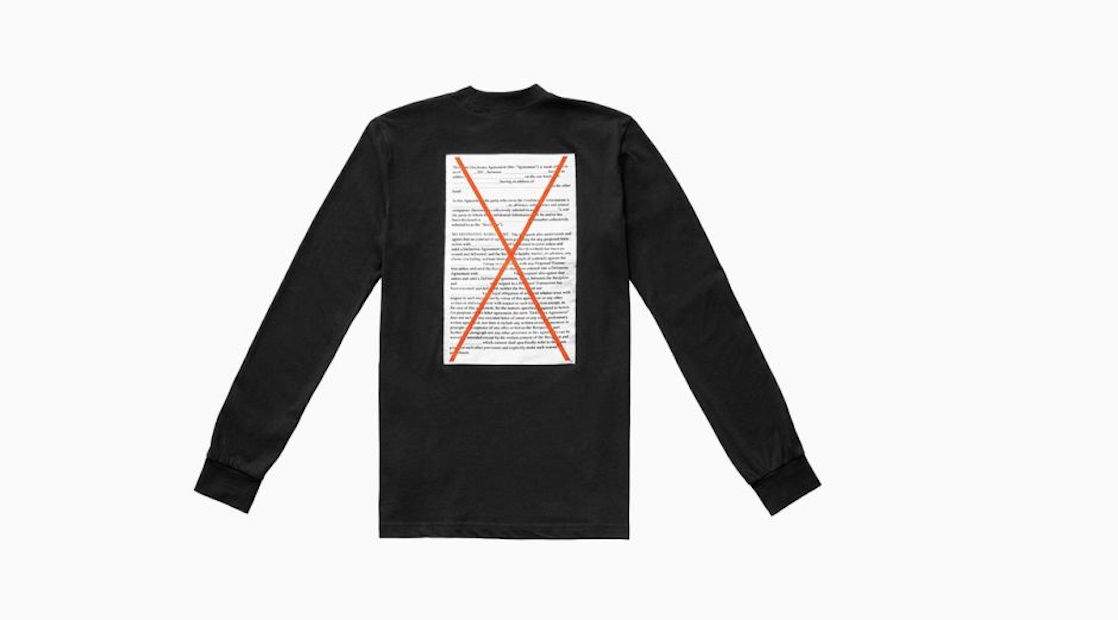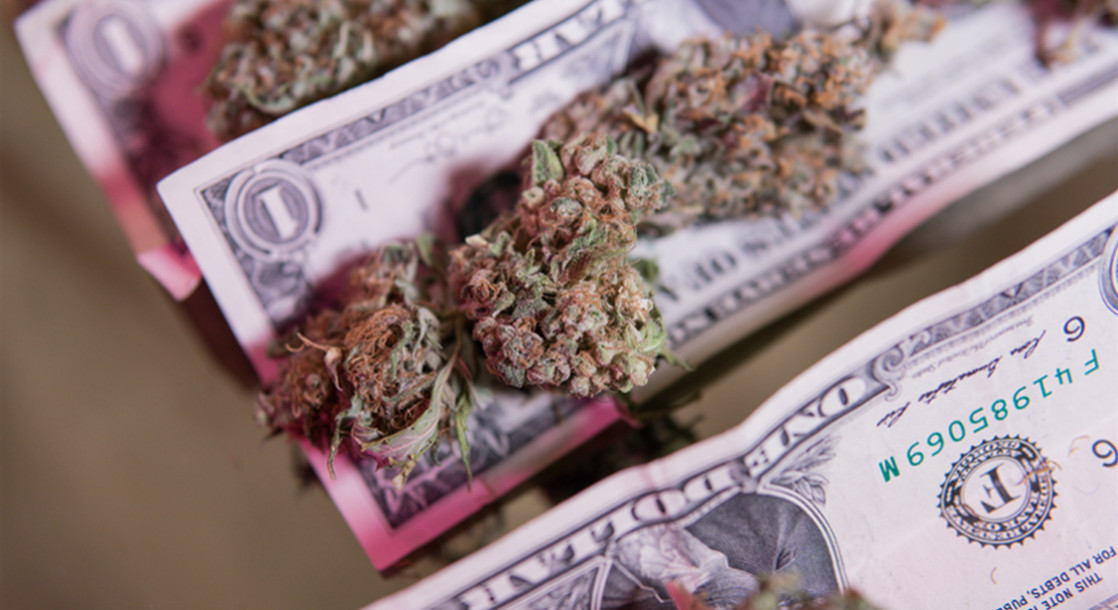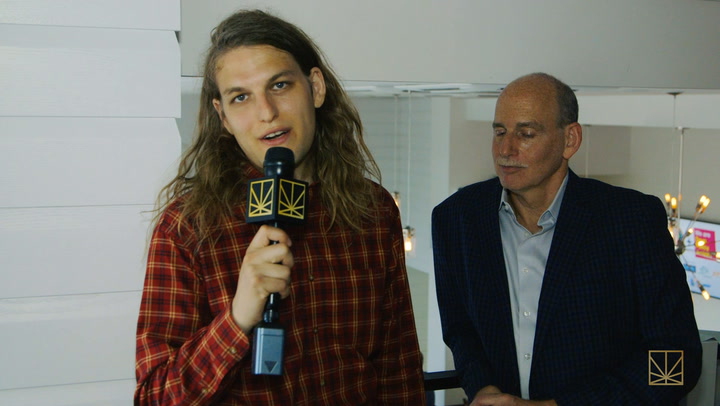Image via
Last week, an Arizona court heard the opening arguments in a court case that could challenge the state’s medical marijuana and child welfare laws.
In 2019, the Arizona Department of Child Safety (DCS) placed Lindsay Ridgell on the state’s child abuse Central Registry for using medical marijuana while she was pregnant. Ridgell was legally using medical pot to treat the symptoms of hyperemesis gravidarum (HG), a rare but serious condition that can cause extreme nausea, constant vomiting, dehydration, and even miscarriage.
Ridgell had initially started using cannabis to help with irritable bowel syndrome in 2010, the year that Arizona legalized medical marijuana. Once she learned that she was pregnant, Ridgell started weaning herself off of this medicine. But once she lowered her dose, she began vomiting several times a day.
“I just could not keep food down,” she told The Washington Post. “I was so, so sick.” The vomiting became so extreme that she was hospitalized twice for dehydration. Doctors prescribed various prescription anti-nausea medications, but none of them helped. Eventually, Ridgell returned to using cannabis, which finally helped ease her nausea.
When Ridgell’s son was born, doctors found that he was struggling to breathe and suffering from strep throat and brain bleeds. The hospital staff ordered a substance exposure test and found that the newborn tested positive for marijuana, Benadryl, and BuSpar – a prescription anti-anxiety medicine that Ridgell was using at the time. As required by law, the hospital then notified the DCS that the child tested positive for pot.
The DCS placed Ridgell on the state’s list of registered child abusers for the next 25 years, asserting that she intentionally neglected her son by using cannabis. Ironically, Ridgell actually worked as a case manager for the DCS at the time that she was pregnant. She was fired from her job, and as a registered child abuser, is no longer able to continue her career as a social worker.
Julie Gunnigle, director of politics and civic engagement at Arizona NORML, heard about Ridgell’s case and immediately stepped in to help challenge the state’s decision. Last week, Gunnigle brought the case before the state Court of Appeals, demanding that the DCS remove Ridgell’s name from the child abuse registry.
At present, the scientific evidence on the risks of prenatal cannabis use is unclear. Researchers do know that medical pot use among pregnant women is increasing, and some studies have indicated that cannabis can increase the risk of miscarriage or premature birth. Other studies have found no link between prenatal pot use and birth defects or other negative consequences, though. And although health officials advise against prenatal pot use, states with legal medical marijuana programs do not prohibit pregnant women from using cannabis.
Interestingly, researchers have never conducted trials on humans to determine whether or not BuSpar, the anxiety drug that Ridgell was taking, poses risks to fetuses or newborns. But because this pharmaceutical is FDA-approved, child services won’t take action against mothers who use it.
If Gunnigle and Ridgell win their case, it could set a precedent that prevents the state from punishing mothers for using legal cannabis. Every state has child endangerment laws that aim to protect children from parents who are using illegal drugs, but many states are using these laws to prosecute women who are using cannabis while pregnant, even in states where medical or adult-use marijuana is completely legal.
“What we’re seeing now are a series of cases in which despite the fact that medical marijuana, or marijuana in general, has been legalized, states are finding a way to target and subject people who are pregnant,” said Lynn Paltrow, executive director of National Advocates for Pregnant Women, to The Washington Post.











